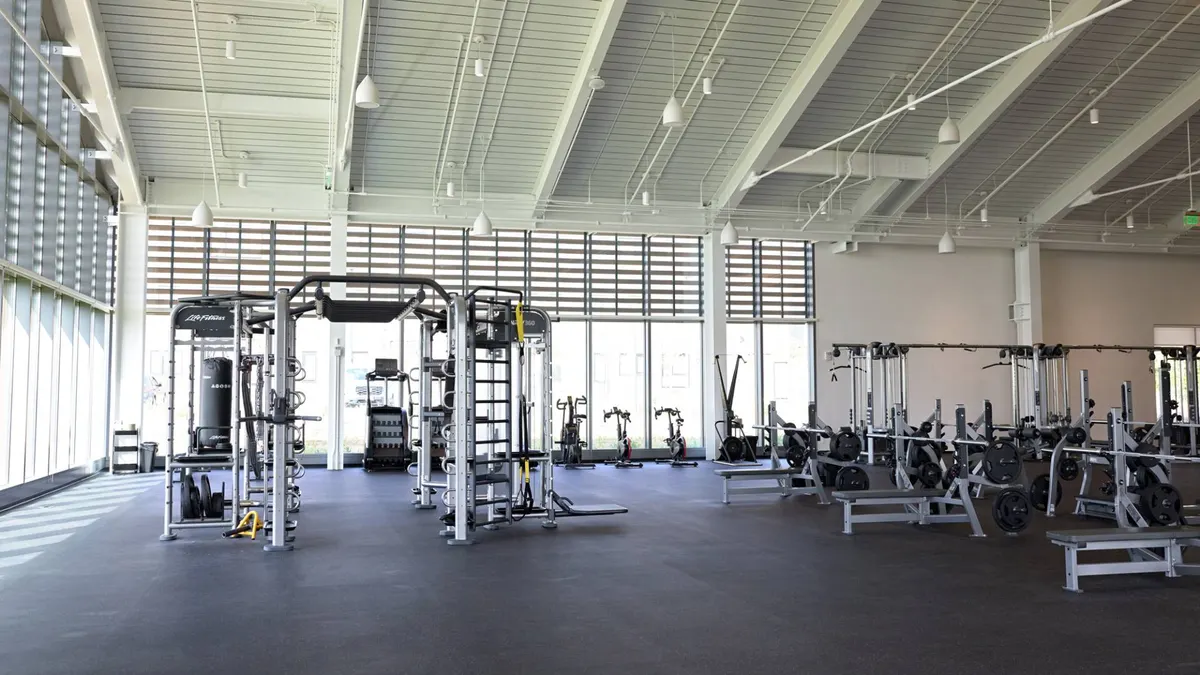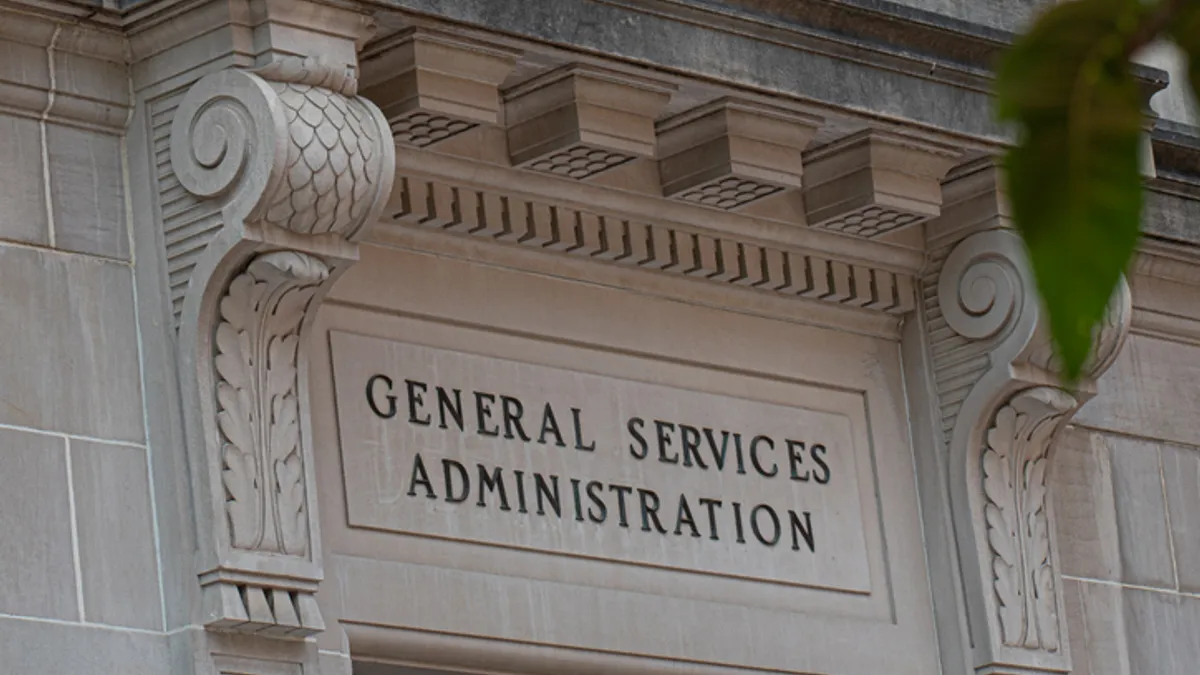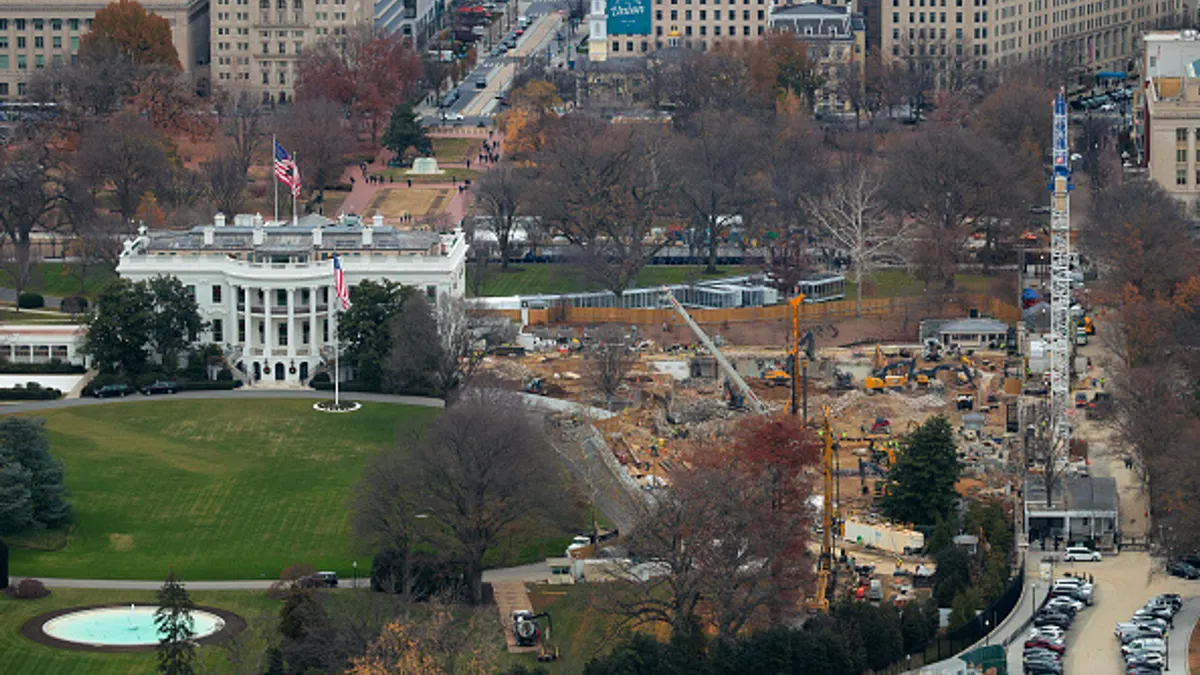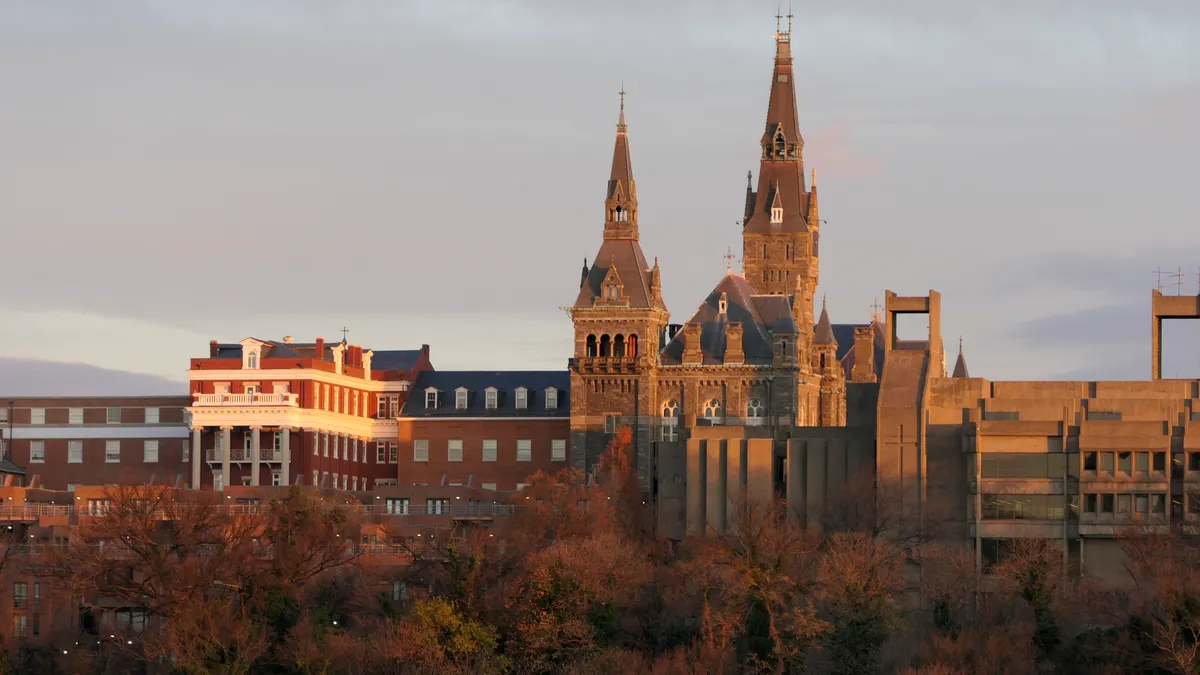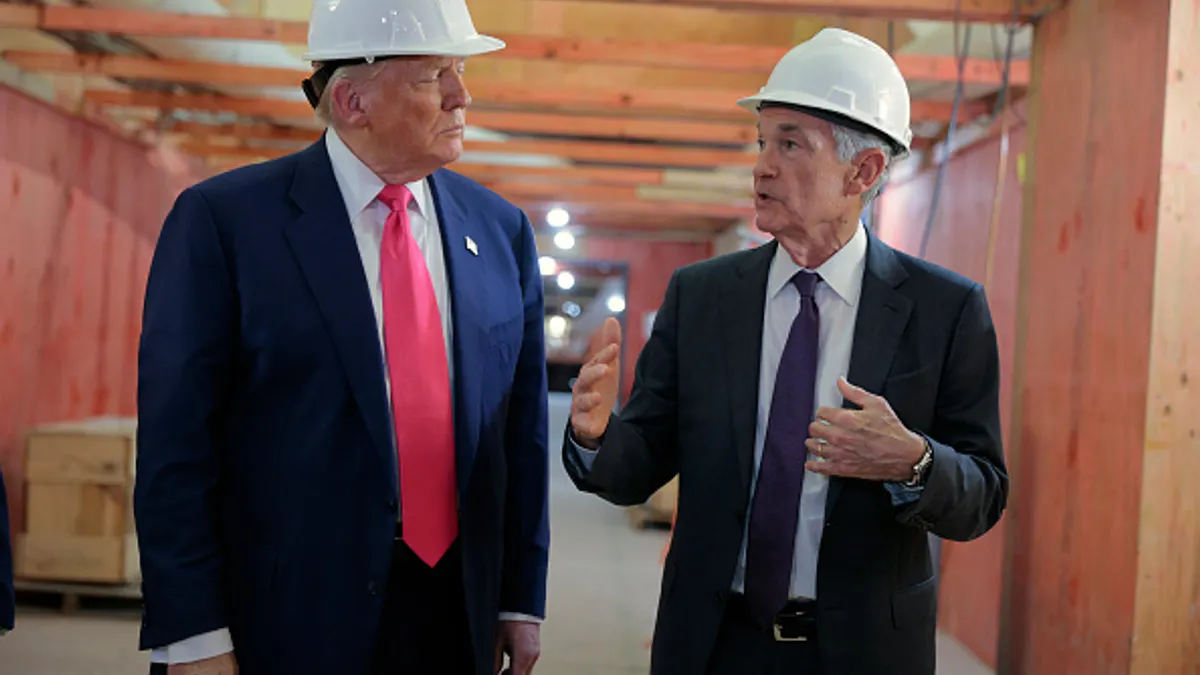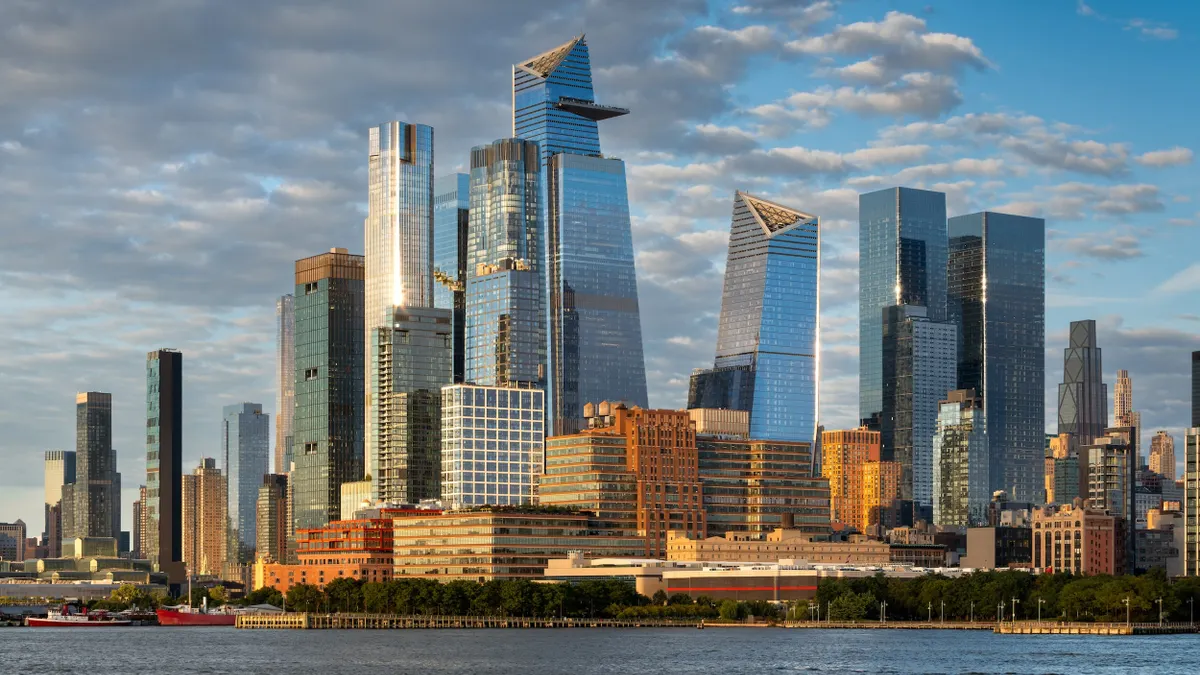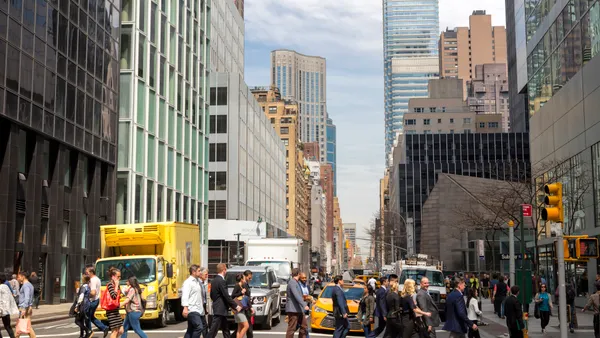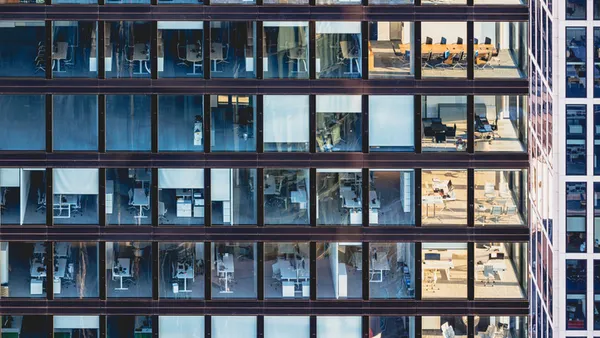Athletic facilities and other recreational amenities are away that higher education institutions attract students, with more than 50 cents invested in amenities for every dollar spent on academics, according to researchers at the National Bureau of Economic Research.
While these investments have received criticism for being anti-academic and unproductive, the amenities they fund could provide well-needed breaks from the pressures of studying, researchers Joshua Hyman and Isaac McFarlin Jr. said in an October paper published in the Journal of Economic Behavior and Organization. Such additions are capable of “improving student mental health, helping students develop social networks, and increasing students’ connection with the college, all of which could lead to improved academic performance,” they said.
Based on their analysis, the researchers say many universities and colleges have laid out plans to improve their athletic facilities and introduce amenities aimed at meeting demand for recreational activities and providing space for students to relax and unwind.
George Mason University
New facilities will include a high-performance training center, tennis courts, a softball field, ballpark, four multipurpose fields and track and field house, according to a plan provided by the university.
A hotel remains a possibility but not a priority. A hotel and conference center that previously served the campus lost money and is being converted into student housing and academic facilities, FFX Now reported.
Also planned are public spaces, trails and plazas, a community gathering space and multi-purpose venue. Existing facilities in the western portion of campus will be razed and replaced rather than renovated. Improvements to existing sports and and recreation facilities are needed to maintain the university’s ability to attract students, says George Mason University Athletics Director Marvin Lewis.
“Many of our facilities are aging [and] underutilized,” he told FFX Now. “It helps you compete.”
Last year, the university broke ground on a new wellness building that is expected to open this year. The facility is expected to include basketball and volleyball courts for recreational and intramural games and studios for yoga and exercise classes, FFX Now reported.
Concordia University Irvine
The private, nonprofit Christian university in California is working on a $17.5 million construction project that includes a 19,000-square-foot facility featuring a weight room, locker rooms and training room space, SwimSwam magazine reported Thursday. The project is on top of $8 million the university has invested in upgrades to its baseball, softball, soccer, track and lacrosse facilities that included new lighting at each of the fields.
The investment comes a week after the university eliminated four athletic programs, including men’s and women’s swimming and diving and men’s and women’s tennis. The cuts were attributed to rising operational costs and facility limitations.
Princeton University
As some institutions shed tennis programs, others are investing in the sport. Princeton University on April 25 celebrated the opening of an 180,000-square-foot Racquet and Recreation Fieldhouse. The sports facility will host athletic performance and sports medicine facilities, a student-athlete lounge, team locker rooms and coaches ‘offices and a fitness center open to the entire university.
Opened in November, the fieldhouse houses Princeton’s varsity squash, tennis, softball and rugby teams as well as club and intramural sports teams. An indoor tennis center within the field house has nine courts, according to a university release.
“This impressive space helps advance the University’s commitment to well-being as our student population grows and as our campus evolves,” Katie Callow-Wright, executive vice president of Princeton University, said in a statement.
University of Florida
In Gainesville, the University of Florida is spending a projected $6 million on a recreation sports complex that will host six pickleball courts, two sand volleyball courts, three table tennis courts and lawn space.
The Flavet Outdoor Recreational Complex will replace a previous sports complex and is aimed at meeting growing demand for on-campus recreational sports, the Independent Florida Alligator reported.
The complex also aims to add recreational space that isn’t sports related, with the university’s RecSports department design including a shaded pavilion, green space, lawn games and hammocks.
The project will be funded through the President’s Office and the Capital Improvement Trust Fund, a special fund that draws from student tuition fees and can be used by Florida public universities to help finance construction and maintenance projects, the Alligator reported.



